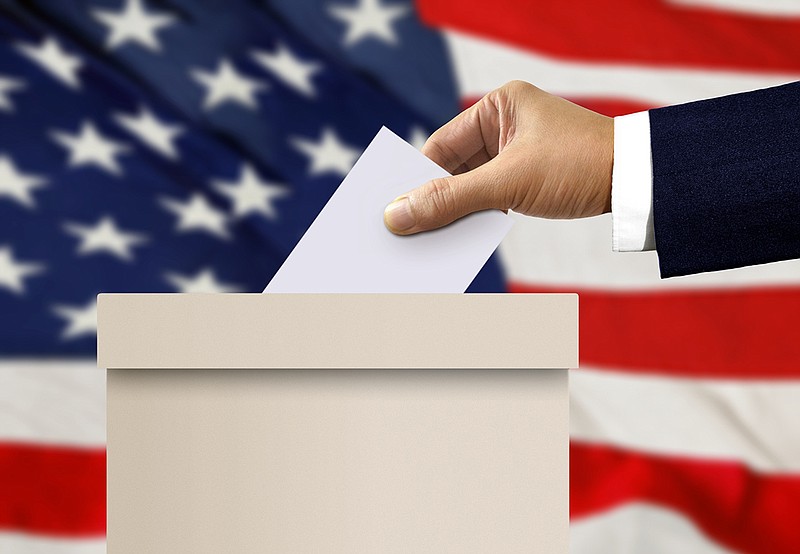TEXARKANA, Texas -- The elections may be over, but the election coordinators for Miller and Bowie counties still have work to do in certifying the vote.
Preparing for any decision day starts early.
"We start about 120 days before the election," Bowie County Elections Administrator Pat McCoy said. "We start planning and programming and ordering ballots and making sure everything is perfect."
McCoy said his team of poll workers had been preparing for midterms since the first primary in the spring due to transition to a countywide voting system.
McCoy said handling post-election documents requires multiple steps and checks and balances.
"I've got to report to the Secretary of State by Dec. 8," McCoy said. "It's probably about 60 pages that we do that is a summary of what we did for countywide voting and applications."
McCoy thinks the process should be complete by Christmas, but that he and the poll workers will be back to work coordinating elections for other entities in the county through interlocal agreements.
"We started contracting with locals probably two to three years ago to handle their election," McCoy said. "We do the posting for them, we give them the information, send that to them during early voting and make sure they comply with everything they have to have on their website."
McCoy said after the holiday season, he and his workers will begin preparing for May elections as well.
Linda Crawford started working in elections since 2007 as a poll worker. She quickly rose through the ranks and eventually became the election coordinator for Miller County in 2008. Crawford said the training and legislative requirements have become more rigorous over the years.
"The (election) commissioners have always been trained, but this year it was more intense for them," Crawford said. "It was about a six-hour, mostly lecture training with handouts and a PowerPoint."
Crawford said she participated in a 10-hour training on the voting equipment and how it functioned. She also had to be certified as a trainer to teach poll workers on the various duties of working a poll location.
"It's about a 2 1/2-hour session," Crawford said. "Part of it is on laws, rules and regulations; the other part is about the equipment."
Crawford said her 70 poll workers had to take an open book and open note test to qualify for the position. She said it is mandatory for each worker to work a full early voting day prior to election day for on-the-job training.
"We feel we do the best absolutely to train our workers," Crawford said.
Crawford said early in the election, she often works 97-hour weeks working at the poll centers.
"From the time I was at the poll every day till I went home, I would do paperwork for the next day that had to be completed," Crawford said.
Crawford detailed how she writes individual letters to each unopposed candidate about the results of the election, along with a copy of the certification for their records. Crawford additionally said she tracks time for meetings, handles payroll hours and accounting and manages the machines with the help of her team.
"Several times during the year, the team and I come down here (for the machines)," Crawford said. "These machines have to be charged overnight for 16 hours every six months; the tablets have to be charged and checked every 90 days."
Crawford said she's grateful to be a part of the election process and that she will continue to do the work as long as she can.
"We pray every day about how privileged we are to live in the United States," Crawford said. "To be able to vote freely, without somebody looking over our shoulder and somebody telling us what to do and how to vote."

